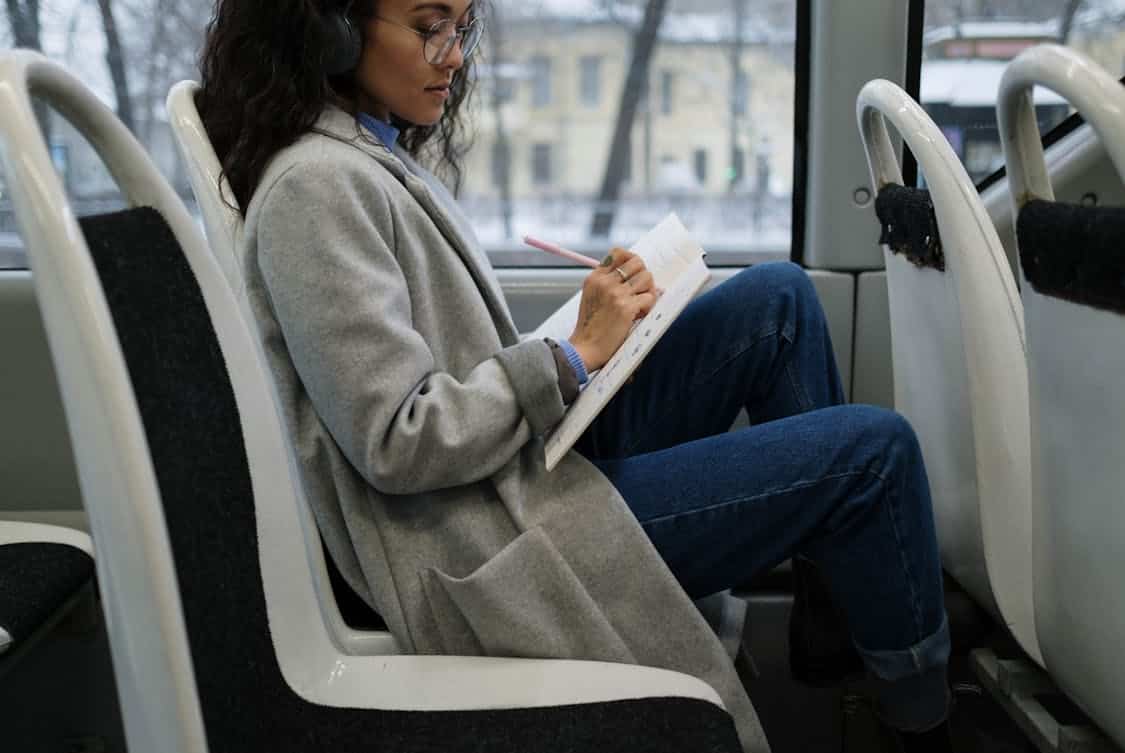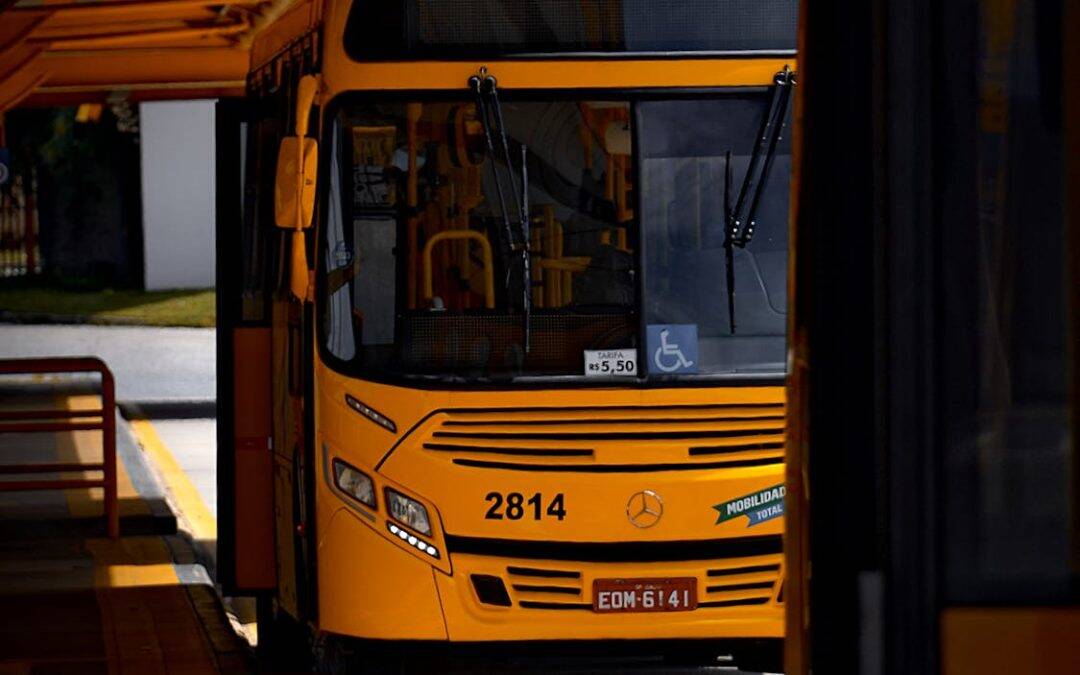Public transit like the bus often slips under the radar when plans start to pile up. It offers a low friction way to move between towns cities and suburbs with fewer decisions to make.
With modest fares and an easy boarding routine the bus can turn a long trip into usable time for rest work or thought. Take a breath and imagine a mode of travel that asks for little and gives you room to relax.
Cost Savings And Simple Pricing
Fares for bus travel are usually much lower than tickets for air or rail travel and that difference adds up fast. Many carriers list flat rates and occasional discounts so the math is simple when you are planning expenses for a trip.
There are fewer surprise charges for basic items and luggage which keeps a budget steady and predictable. For a lot of travelers the low cost of a seat is the first reason to give bus travel a fair shake.
Built In Downtime
Time on a bus is often time you can call your own and that can do wonders for the mind. There is a slow steady hum to the ride that helps small anxieties fade and lets you catch up on reading or sleep without guilt.
The windows frame quiet scenes that can calm a busy head and give fresh perspective when you step off the vehicle. A long ride does not have to feel wasted; it can be a pocket of quiet in an otherwise hectic schedule.
Room To Work Or Rest

Seats that recline a bit and occasional tables offer enough space for a laptop or a sketchbook so a trip can be productive. Many modern buses come equipped with power outlets and sometimes wireless access which helps keep momentum going on tasks.
For those planning longer trips, services running from saint george to salt lake make it easy to work or relax without interruptions.
If focus is not the priority then the same space becomes a place to nap and recharge before the next move. That kind of flexible utility turns transit time into something useful rather than a hassle.
Less Fuss At Security And Gates
The boarding process for many bus lines is often quick and direct with minimal checks and no need to stand in long security lines. That means less pre departure stress and a shorter window of time when everything feels rushed.
You can arrive closer to departure time and still have a clear path to your seat which rewards a relaxed pace. Bags are usually stowed close by and the overall routine rarely requires intense planning.
Flexible Routes And Frequent Stops
Buses tend to run on routes that reach parts of towns where rail or air links cannot go and that convenience is hard to overstate. Frequent stops give you access to neighborhoods and landmarks without lengthy transfers or extra ground travel.
Timetables often feature several departures each day which makes shifting plans easier when things change. The net result is a form of travel that adapts to your schedule rather than forcing you to adapt to it.
Make Friends And Meet People
A shared seat or a neighboring window can be the start of an easy conversation and those small exchanges often brighten a trip. Travelers who are open to chat will find tips local knowledge and human stories that do not show up in a guidebook.
Even when silence is preferred the communal nature of the setting creates a quiet sense of company that keeps solitude from feeling like isolation. Old school social contact like this can be a nice change in a world of screens.
Green Travel Without The Fuss
Carrying many passengers at once reduces emissions per person and helps cut the overall carbon impact of moving groups of people. Choosing a bus for regular trips sends a small steady signal that multiple riders can share resources in a tidy way.
The environmental benefit arrives without complex trade offs or added cost so it is simple to factor into choices. For those who like to do good without complication the bus has an easy appeal.
Accessibility For Many Passengers
Modern buses often include features such as low floors ramps and priority seating which make boarding easier for seniors families with small children and people with mobility needs. Ticket prices and the network of stops can open travel to people who might find other modes costly or impractical.
Staff are usually available to help load bulky items and to answer quick questions at the terminal which eases transitions. That practical inclusivity broadens who can travel without extra hoops.
Simple Packing And Luggage Ease
The rules for luggage on a bus are frequently more forgiving than those for flights with smaller fees and fewer size constraints. Overhead space and undercarriage storage let you keep important items close while still packing what you need for a multi day stay.
With less fuss about liquids electronics or special carry ons your checklist grows shorter and the pre trip scramble shrinks. When packing is easy the whole outing feels lighter and more doable.

